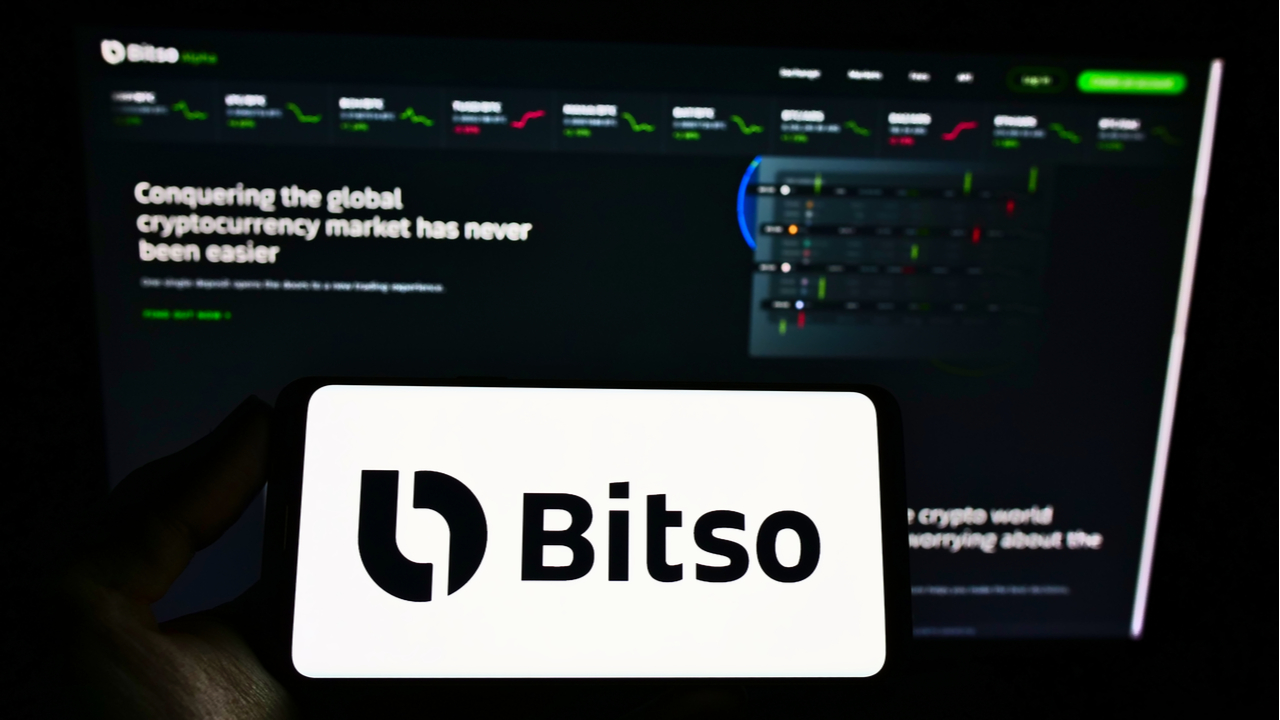Block’s vision of crypto appears in the Circle remittance partnership

TBD, the one-year-old division of Block that CEO Jack Dorsey once said would “probably be our most important contribution to the internet,” is partnering with Circle to work on cross-border money transfers, the duo announced Wednesday.
Why it matters: Block doesn’t see this as a moneymaker, but it believes the future is decentralized and that being part of the foundation will give the company a big leg up in the decades to come.
Details: TBD and Block intend to launch their self-custodial wallet and payment service for the US-Mexico corridor sometime later this year, says Emily Chiu, co-founder of TBD.
- Built on top of TBD’s open source protocol, Chiu calls the transfer offering a “reference implementation.” It allows developers and financial institutions to see what’s possible on the network, and attract them to build on top.
- The remittance product will be linked to anyone who has a Mexican bank account.
- The plan is to keep remittance fees “cost neutral,” likely setting them below the 4% average charged last year by Mexic0-facing remittance services.
- “The bigger picture shows, through our product pilot, how this infrastructure can be used especially in difficult situations,” says Chiu. “We’re really thinking about how we abstract away the hard problems around solving for identity compliance and bridging the legacy and Fiat world.”
Background: Although Chiu calls this a pilot, the problem with TBD is far from small. Just the US to Mexico market is huge. Remittances to Mexico rose 27.1% last year to $51.6 billion – the vast majority coming from the US
- Remittances are considered one of the most promising crypto use cases, given the often punishingly high fees on the service and the volatility of some emerging market currencies that make holding bitcoin preferable at times.
The bigger picture: “For us, monetization comes later,” says Chiu. “It’s after this new payment system is in place, it’s after the new decentralized identity layer exists.”
- Chiu also sees potential services around the reversal of fraudulent payments or theft – a difficult problem to solve given the blockchain’s immutability.
The intrigue: Block CEO Dorsey is a bitcoin maximalist, having said that bitcoin will be the only currency in the future. The main focus of TBD itself, when it was first announced in 2021, was also bitcoin, according to Dorsey.
- However, Circle’s stablecoin is not based on bitcoin – although it is notably less volatile – leading to its popularity among companies currently testing out crypto payments.
- “For us, crypto is not very meaningful if it can’t solve real problems for real people,” says Chiu. “Stablecoins can provide a really critical bridge, because we are not yet in a world that is 100%, crypto.”
Of note: The partners plan to mint new USDC instead of buying stablecoin from the open market, which means that if the project reaches scale, it will also increase Circle’s total circulation.























